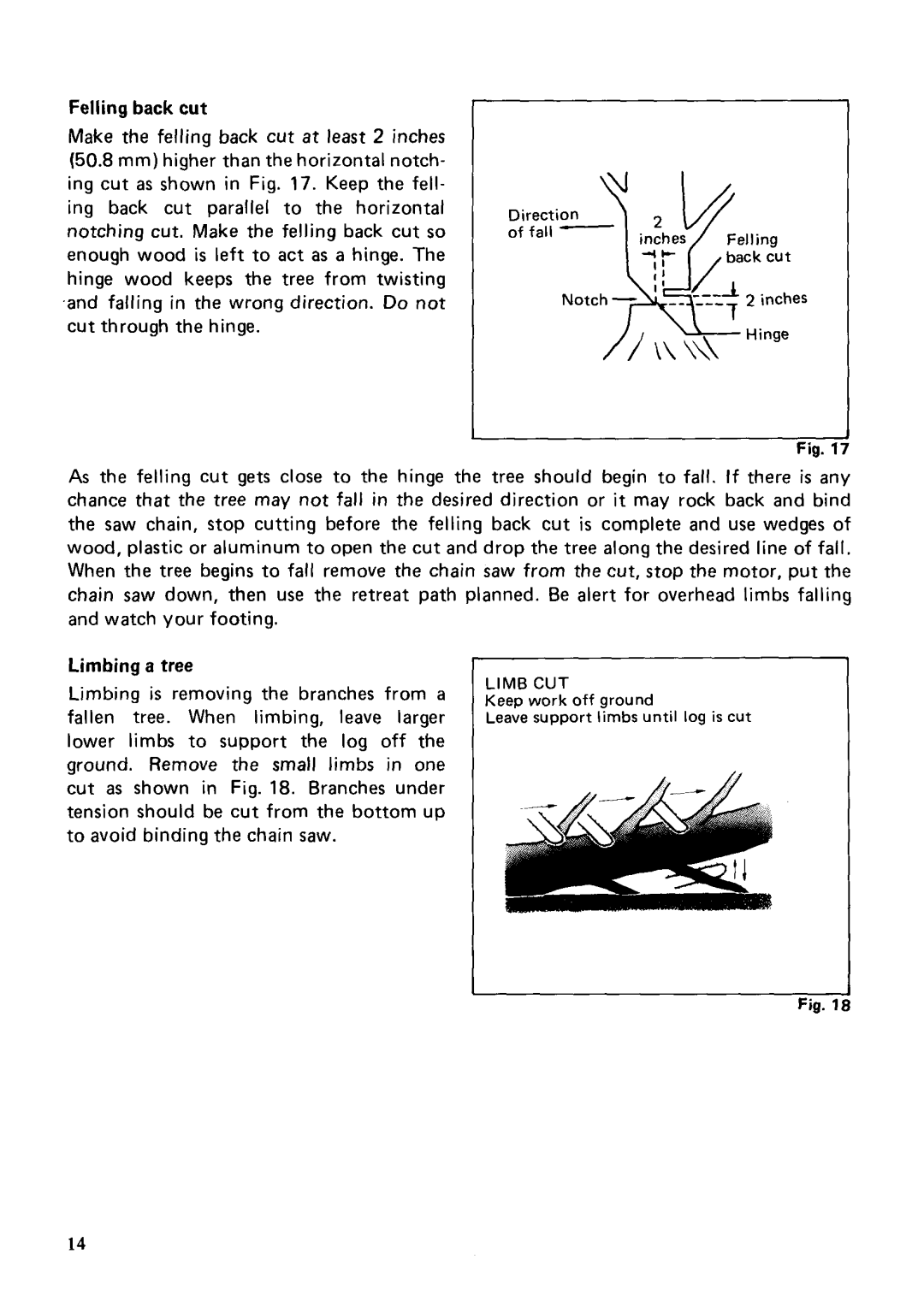5014NB, 5016NB specifications
The Makita 5016NB and 5014NB are powerful and reliable tools designed for professional and serious DIY enthusiasts. These angular grinders are specifically engineered to handle a variety of tasks, making them indispensable for metalworking, construction sites, and home improvement projects.The Makita 5016NB is equipped with a robust 15 AMP motor that delivers a no-load speed of up to 3,600 RPM. This powerful motor ensures that users can tackle even the toughest materials with ease. It features a durable aluminum housing that enhances the grinder's longevity, protecting it from the rigors of heavy use. The 5016NB also comes with a built-in protective cover that shields the user from debris while in operation, providing peace of mind during use. Ergonomics are also a key feature, with a rubberized grip that reduces fatigue and allows for better control during extended use.
In contrast, the Makita 5014NB is slightly smaller, yet it doesn’t compromise on power. This machine also features a 15 AMP motor, delivering high performance in a more compact form. The 5014NB is designed for precision cutting and grinding, equipped with a 14-inch blade that perfectly balances power and maneuverability. Its lightweight design makes it easier to handle, especially in tight spaces or overhead applications.
Both models are equipped with advanced safety features, including an electric brake that stops the motor quickly, minimizing the risk of accidents. The use of a spindle lock allows for quick and easy blade changes, ensuring that users can switch between tasks without wasting time. Additionally, the dust-sealed switch protects internal components from debris, extending the life of the tool.
Both the Makita 5016NB and 5014NB are designed for versatility, capable of handling a range of materials from steel to aluminum. The high-quality build ensures they can withstand continuous use in demanding environments. Whether you are a professional contractor or a hobbyist, these tools are designed to provide efficiency, precision, and reliability, making them valuable additions to any tool collection.
In summary, the Makita 5016NB and 5014NB combine power, safety, and versatility, making them ideal for cutting and grinding applications in various settings. Their robust construction and user-friendly features further enhance their appeal, ensuring they remain top choices for users seeking quality and performance.

